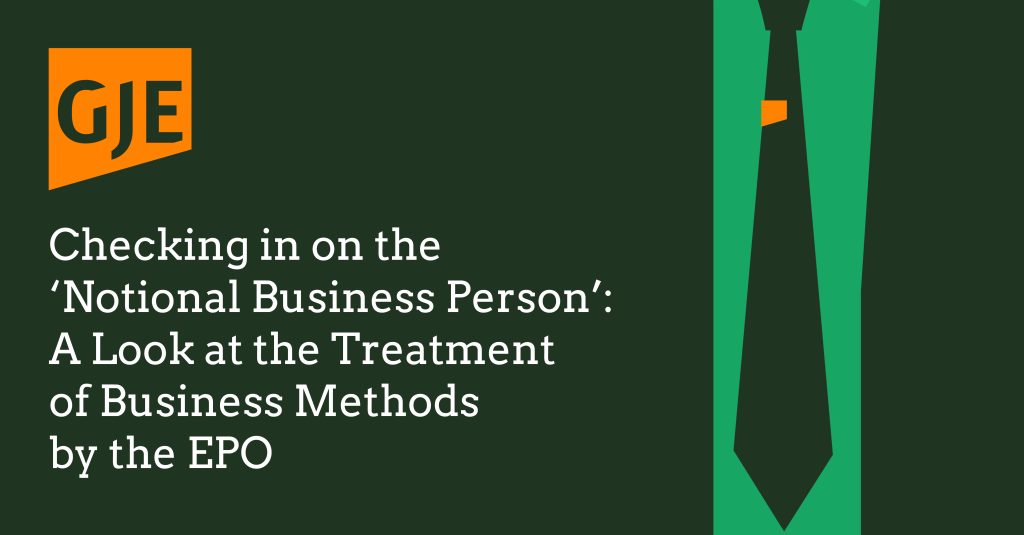
A notice of allowance (the so-called “R.71(3) communication”) issued by the EPO on a European patent application is accompanied by a copy of the “allowed text”, i.e. the text of the specification in a form in which the examiner is proposing for grant. The allowed text is usually different to the text of the original specification, as the allowed text typically includes amendments made to the description and claims during prosecution.
Furthermore, EPO examiners often propose amendments in the allowed text, which you may see for the first time in the R.71(3) communication. These could be amendments to the description, if needed to bring it into conformity with the allowed claims, or could be amendments to the claims, to deal with some objection which the examiner perceives but considers easily resolved. Either way, the notice of allowance is issued on the basis of the text as amended by the examiner.
By simply performing the acts required in response to this communication (i.e. submitting the relevant claims translations and attending to payment of the grant and printing fees), an applicant implicitly accepts the allowed text, based on which the European patent is then granted. The text of the European patent that is subsequently published then essentially mirrors the allowed text, with the addition of the relevant claims translations.
While many applicants may be minded simply to accept the amendments proposed by the examiner, pleased to have received a notice of allowance, this is not the only available course of action. The applicant has the right to decline the notice of allowance and propose alternative amendments or argue further for the claims presently on file.
Indeed, a notice of allowance issued on the basis of claim amendments proposed by the examiner should always be treated with caution. While the proposed amendments may be commercially acceptable or appear to be a straightforward clarification, one should not assume that the amendments comply with European patent law. In particular, the mere fact that the examiner has proposed the amendments does not mean that they necessarily meet the EPO’s strict added subject matter requirements.
Certainly, we have encountered more than one instance in which an amendment proposed by an examiner in the allowed text did not have adequate basis in the application as filed.
Such an amendment poses significant risk to an applicant, as it renders the resulting European patent vulnerable to revocation on the grounds that it contains added subject matter (i.e. subject matter that was not present in the application as filed). A third party could seek revocation of the patent on this basis either by filing an Opposition at the EPO or in a post-grant action before the national courts.
In certain cases, it may be possible to amend the claims post-grant to defeat such an “added matter” attack. For example, if an added matter attack is based on an alleged “intermediate generalisation” (i.e. a specific feature claimed in isolation from an originally disclosed combination of features), then it may be possible to incorporate additional features into the claims to overcome this issue. However, this would narrow the scope of the claim, which may be undesirable.
More often, however, it can be impossible to remedy an added matter problem by post-grant amendment. This is because, under European patent law, one cannot broaden the scope of a claim of a granted European patent. Therefore, a patentee can fall foul of a “squeeze” in which their European patent may be revoked, if challenged, for containing added matter in the claims, as that added matter cannot be removed from the claims without broadening the claim scope.
In view of this potential risk, it is highly advisable for any amendments introduced in the allowed text by an examiner to be thoroughly reviewed to ensure that there is adequate basis in the application as filed, rather than simply accepting them at face value.
If adequate basis cannot be identified, it is usually nonetheless a relatively straightforward matter to reach allowance by declining the notice of allowance and submitting alternative claim amendments for which there is adequate basis, especially given that the examiner’s proposed amendments should provide a strong steer on where patentability lies. In this regard, examiners are usually more than happy to entertain an informal call to discuss alternative amendment.
If you have any questions or comments, or would like to instruct GJE to assist with the prosecution of your European matters, please feel free to contact the author or your usual attorney at GJE.

